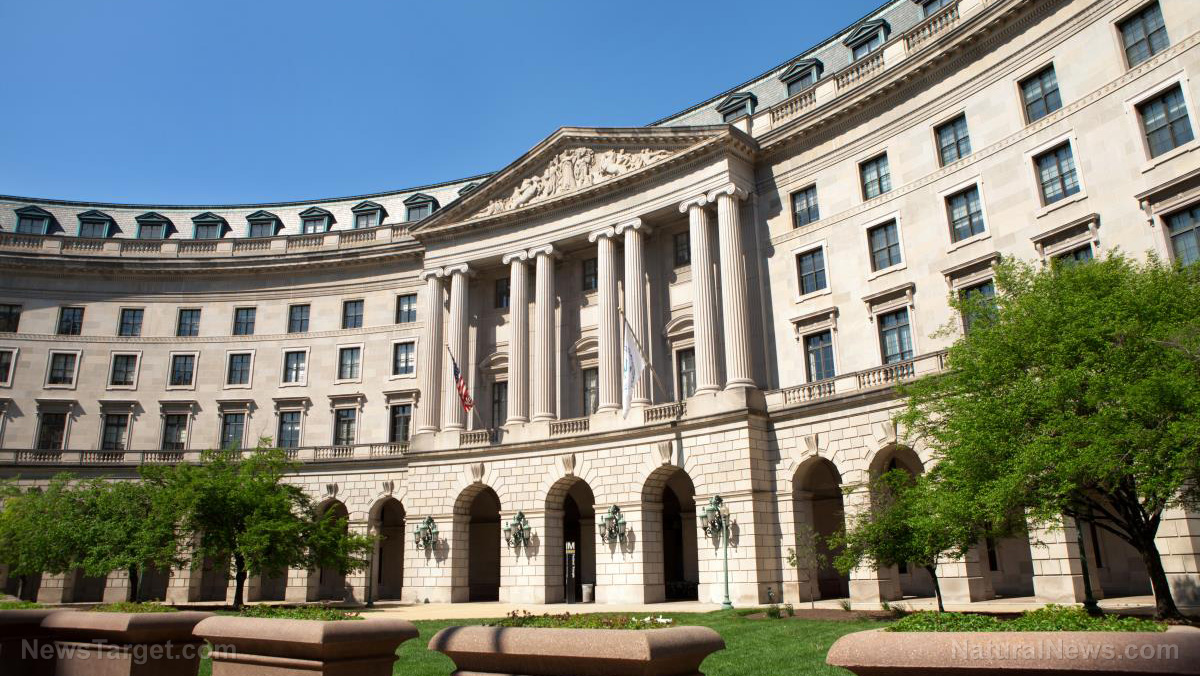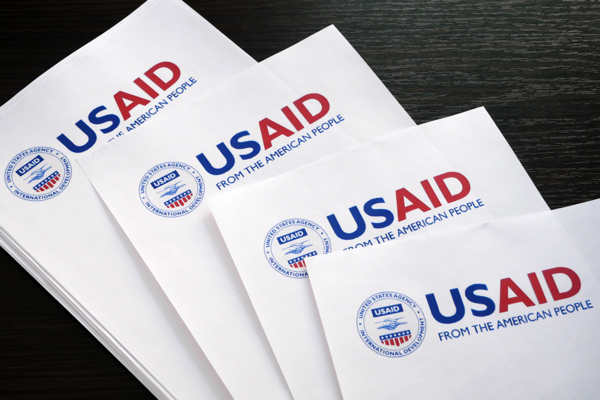 Parler
Parler Gab
Gab
- Robert F. Kennedy Jr. advanced to a full Senate vote on his HHS nomination, despite intense scrutiny and heated debates over his stance on vaccines and pharmaceutical practices.
- Critics argue Kennedy’s views on vaccine safety make him a liability, while supporters see him as a reformer who can expose pharmaceutical industry corruption.
- Kennedy assured senators he supports the current vaccine schedule and praised Operation Warp Speed, raising skepticism among supporters who believe he is strategically deceiving.
- Kennedy promises significant HHS reforms, including ending direct-to-consumer drug ads and increasing transparency in clinical trials, if confirmed.
- The upcoming Senate vote is expected to be contentious, reflecting broader divides over health policy and the role of government in regulating the pharmaceutical industry.
A divisive nomination
During the hearing, several senators, particularly those with strong ties to the pharmaceutical industry, pressed Kennedy to make specific commitments. Senator Elizabeth Warren, for example, demanded that Kennedy pledge not to remove any vaccines from the childhood immunization schedule. Kennedy responded by assuring senators that he fully supports the current vaccine schedule and even praised Operation Warp Speed, the federal initiative that accelerated the development and distribution of COVID-19 vaccines. These statements have left many of Kennedy's supporters skeptical. Mike Adams, a prominent health activist, argues that Kennedy is "strategically deceiving" senators to gain access to HHS. Adams, known for his critical stance on vaccine safety, believes that Kennedy's true intention is to expose and dismantle what he perceives as a "corporate drug trafficking" network within the government.Ethical dilemmas and strategic deception
The ethical implications of Kennedy's approach have sparked significant debate. Adams and others contend that it is morally justifiable to deceive those who are themselves engaged in harmful practices. They draw parallels to undercover law enforcement operations, where agents must often adopt the guise of criminals to infiltrate and dismantle dangerous organizations. Adams posits, "Is it morally wrong to lie to an evil party when your intention is to ultimately halt their harm? The answer is no. It is not morally wrong to lie to drug traffickers or an evil cabal, especially when the stakes are as high as the health and safety of American children."A vision for reform
If confirmed, Kennedy has promised to push for significant reforms within HHS. These include ending direct-to-consumer drug advertising, increasing transparency and accountability in clinical trials, and reevaluating the safety and efficacy of the current vaccine schedule. His supporters hope that he will use his position to challenge the influence of big pharma on health policy and to promote more holistic and evidence-based approaches to public health. However, critics remain unconvinced. They point to Kennedy's past statements and actions, which they interpret as a sign that he may undermine public health initiatives. Senator Warren, who has been a vocal opponent of Kennedy's nomination, argues that his confirmation would be a "disaster for public health and safety."The upcoming Senate vote
The full Senate vote is expected to be highly contentious, with both sides mobilizing their supporters. Adams and other advocates are urging their followers to contact their senators and voice their support for Kennedy's nomination. They believe that his confirmation is crucial for achieving meaningful reforms and protecting the American people from what they see as the harmful practices of the pharmaceutical industry. As the debate continues, the outcome remains uncertain. The vote will not only determine Kennedy's fate but also reflect the broader political and cultural divides over health policy and the role of the government in regulating the pharmaceutical industry.Looking ahead
The next few days are critical as the Senate prepares to vote. The stakes are high, and the outcome will have far-reaching implications for public health policy in the United States. Regardless of the result, the confirmation process has already highlighted the deep-seated concerns and divisions surrounding vaccine safety and the influence of big pharma on government health agencies. Watch this Feb. 5 episode of "Brighteon Broadcast News" as Mike Adams, the Health Ranger, talks about RFK's Senate confirmation for HHS role. This video is from the Health Ranger Report channel on Brighteon.com.More related stories:
RFK Jr. clears Senate Finance Committee confirmation, will advance to full Senate vote for HHS Secretary RFK Jr. poised for HHS confirmation as Senate shifts in his favor: A turning point for natural health and government accountability RFK Jr. faces uphill battle in Senate confirmation as lawmakers’ ties to Big Pharma come under scrutiny Sources include: Brighteon.com NBCChicago.comU.S. Special Forces to train Mexican Navy: A bold step in the war on drugs or a risky gamble?
By Willow Tohi // Share
Texas proposes strategic bitcoin reserve: A new era for state financial management
By Lance D Johnson // Share
Governments continue to obscure COVID-19 vaccine data amid rising concerns over excess deaths
By patricklewis // Share
Tech giant Microsoft backs EXTINCTION with its support of carbon capture programs
By ramontomeydw // Share
Germany to resume arms exports to Israel despite repeated ceasefire violations
By isabelle // Share










